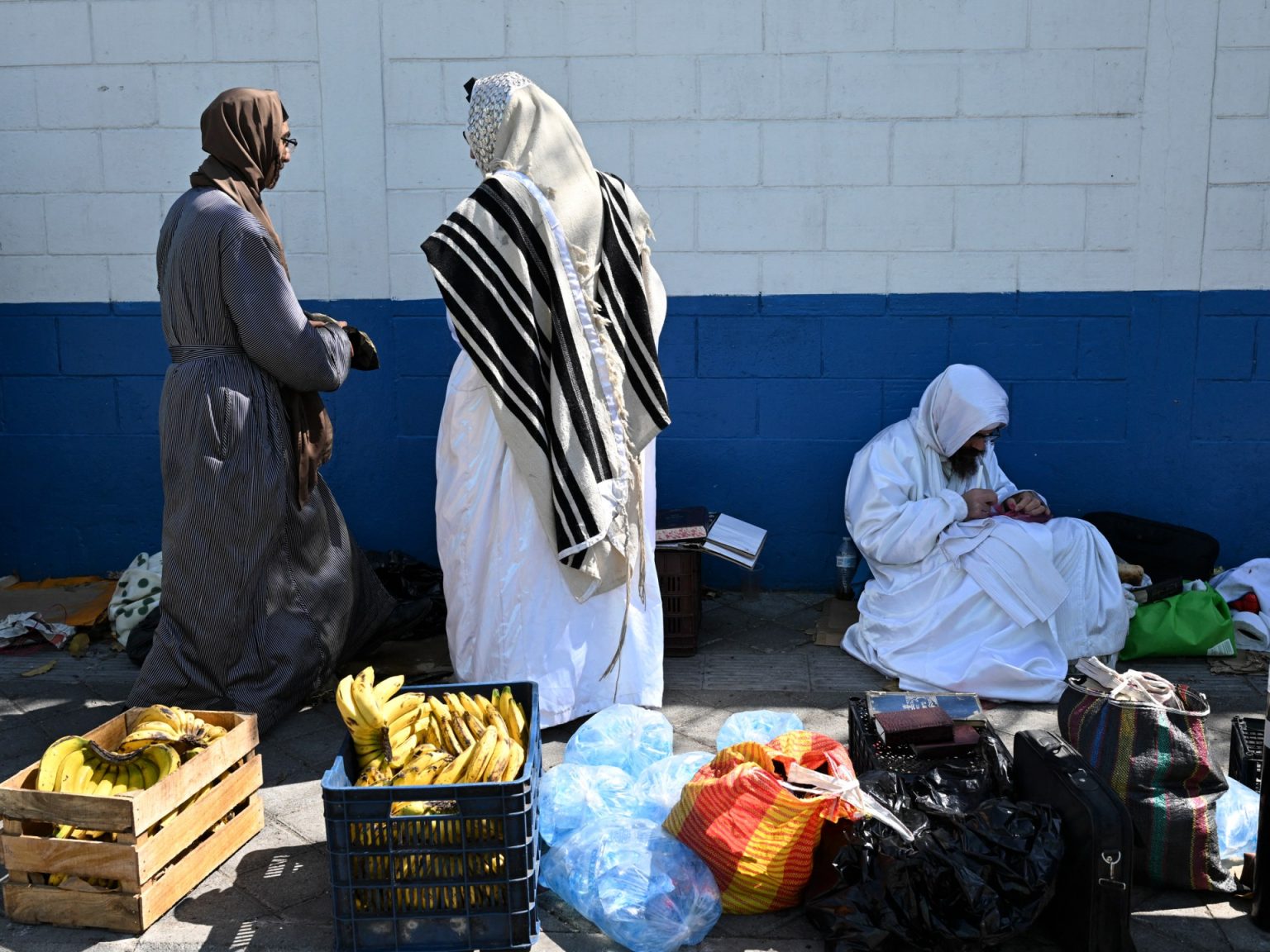The Lev Tahor sect, an ultra-orthodox Jewish group, has once again clashed with authorities, this time in Guatemala, over allegations of child abuse and human trafficking. Guatemalan authorities raided a Lev Tahor compound on Friday, rescuing approximately 160 minors who were allegedly subjected to forced marriages, abuse, and other forms of exploitation. The sect, known for its stringent interpretation of Jewish law, vehemently denies the accusations, claiming religious persecution and asserting that the authorities are fabricating evidence. This incident is the latest in a series of controversies surrounding the group, highlighting their long-standing conflict with legal systems in various countries.
The raid on the Lev Tahor compound in Oratoria, southwest of Guatemala City, stemmed from complaints and evidence gathered by the Guatemalan Prosecutor’s Office Against Human Trafficking. Medical examinations conducted on the rescued children reportedly corroborated the claims of abuse. Following the raid, the children were placed in a state-run care center in Guatemala City. However, the situation escalated dramatically on Sunday when approximately 100 relatives of the children, all members of the Lev Tahor sect, gathered outside the care center demanding their return. The situation deteriorated further when sect members forcibly entered the facility, overpowering security and absconding with a number of the children.
The Guatemalan authorities responded swiftly, launching a search and rescue operation for the abducted children. While some were quickly recovered, others remained missing, prompting authorities to issue a search alert. This incident underscores the complex and deeply entrenched nature of the conflict between Lev Tahor and the governments of the countries in which they reside. The sect’s insistence on adherence to their strict interpretation of Jewish law, including practices like arranged marriages of minors, frequently clashes with child protection laws and societal norms, leading to repeated confrontations with authorities.
Lev Tahor, founded in Israel in 1988, has a history of migrating to different countries in search of environments that tolerate their practices. They have established communities in various locations, including the United States, Canada, Mexico, and Guatemala. However, their controversial practices have consistently drawn the attention of law enforcement and child welfare agencies, resulting in investigations and interventions. The sect’s nomadic existence continues to raise concerns regarding their ability to evade oversight and avoid accountability for alleged abuses.
The current situation in Guatemala echoes a similar incident in 2022 when Mexican authorities raided a Lev Tahor camp in Chiapas, near the Guatemalan border. In that operation, several children and adolescents were rescued, and members of the sect were arrested on suspicion of child abuse. The recurring pattern of allegations against Lev Tahor raises serious questions about the welfare of the children within their community. The sect’s insular nature and strict control over its members make it difficult for outside agencies to ascertain the full extent of the situation and ensure the safety of vulnerable individuals.
The Jewish Community of Guatemala has publicly distanced itself from Lev Tahor, emphasizing that the sect is not affiliated with their organization. They have expressed support for the Guatemalan government’s efforts to investigate the allegations and protect the children. This statement signals a broader concern within the Jewish community about the negative perception created by Lev Tahor’s actions. The international nature of the sect’s membership further complicates the situation, requiring coordinated efforts between different governments to address the concerns regarding the welfare of the children and the potential violation of their rights. The ongoing investigation by Guatemalan authorities is crucial in determining the full extent of the alleged abuses within Lev Tahor and ensuring the protection of the children involved.

